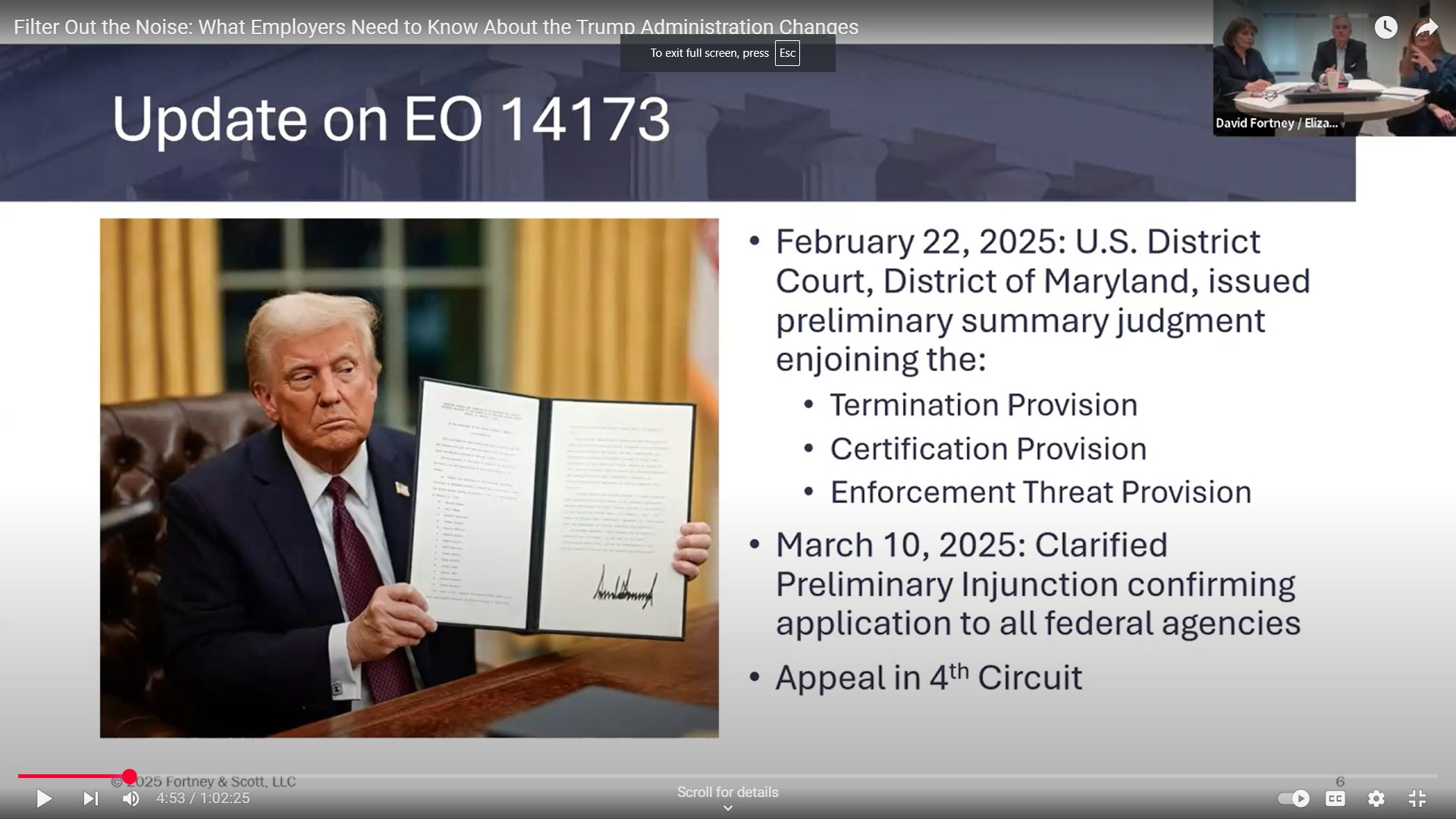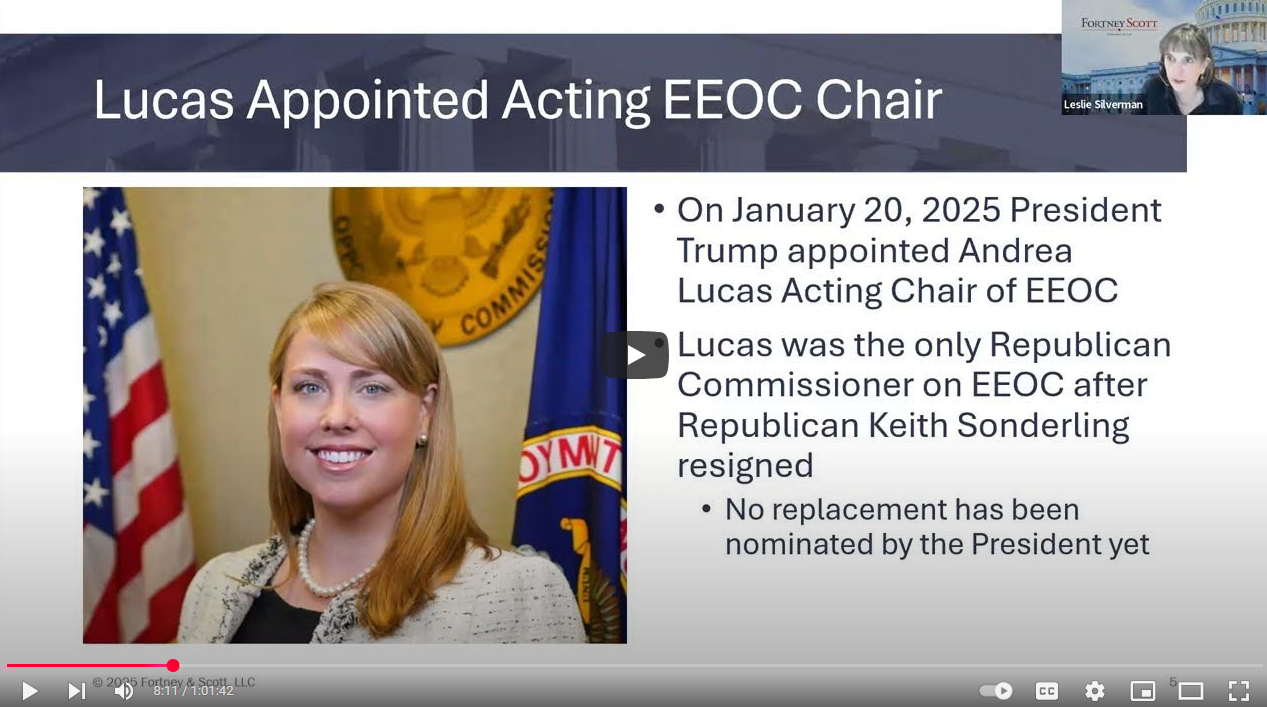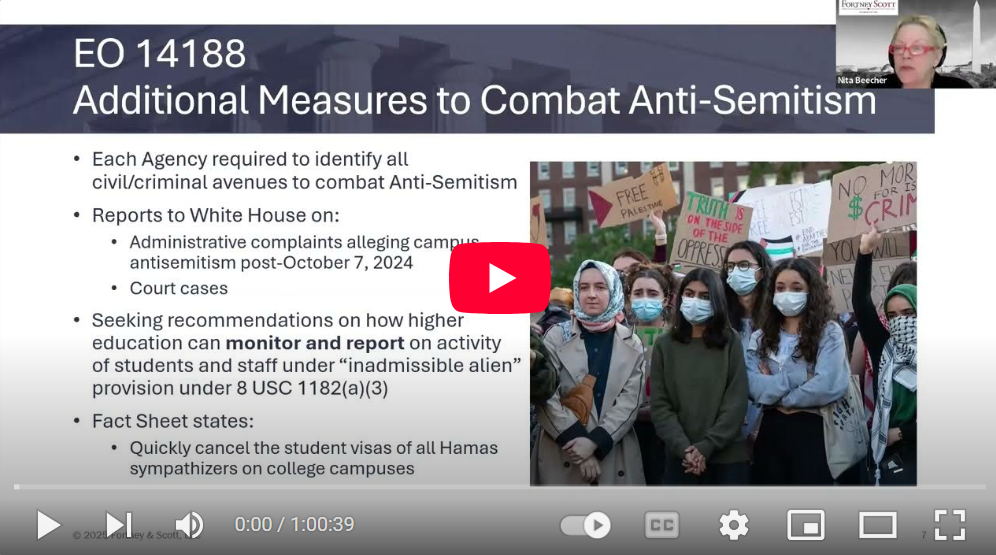New Race Categories
On March 29, 2024, the Office of Management and Budget published revisions to federal data that covered entities must collect on race and ethnicity. Principally, the new revisions would add Middle Eastern and North African (MENA) as a race group and return Hispanic/Latino to the race categories. The revisions to the Statistical Policy Directive No. 15: Standards for Maintaining, Collecting, and Presenting Federal Data on Race and Ethnicity (SPD 15) would also allow individuals to select multiple categories rather than only a single race/ethnicity category. OMB gave federal agencies 18 months to develop implementation plans for the new categories with an ultimate deadline of five years for full compliance.
Background
The SPD 15, originally developed in 1977, provides common language for uniformity and comparability in the collection and use of race and ethnicity data by federal agencies such as EEO-1 Reports. The last time SPD 15 was revised was in 1997. In January 2023, OMB proposed updating SPD 15 saying “large societal, political, economic, and demographic shifts in the United States” during the past 25 years increased racial and ethnic diversity; as a result, “a growing number of people identify as more than one race or ethnicity….” The revised SPD 15 replaces and supersedes 1997 SPD 15.
Revised SPD 15 Adds New Race Categories
The new SPD 15 now includes the MENA race/ethnicity category, changed the format to combine the various race and ethnicity questions into one, and allows individuals to select all race/ethnicities that apply. The new MENA category is defined as covering Lebanese, Syrian, Iranian, Iraqi, Egyptian, Israeli, as well as Moroccan, Yemeni and Kurdish individuals. The new race/ethnicity categories now include American Indian or Alaska Native; Asian; Black or African American; Hispanic or Latino; Middle Eastern or North African; Native Hawaiian or Pacific Islander and White.
Implementation
Federal agencies are directed to update their surveys and administrative forms as quickly as possible with OMB directing them to submit an Agency Action Plan for complete implementation in 18 months and to bring all data collections into compliance in five years.
No Action for Employers Yet
Employers currently have no obligations to collect data for the new categories until EEOC updates the EEO-1 Report. The current EEO-1 Report is approved through 2026 so it is likely EEOC won’t revise the report for the 2024 and 2025 data collections. The last time OMB revised SPD 15 in 1997 EEOC did not implement the changes to the EEO-1 Report until 2007.
FortneyScott will continue to monitor these developments and provide updates as appropriate. Clients with questions can reach out to their FortneyScott attorney.
Issued: April 9, 2024















